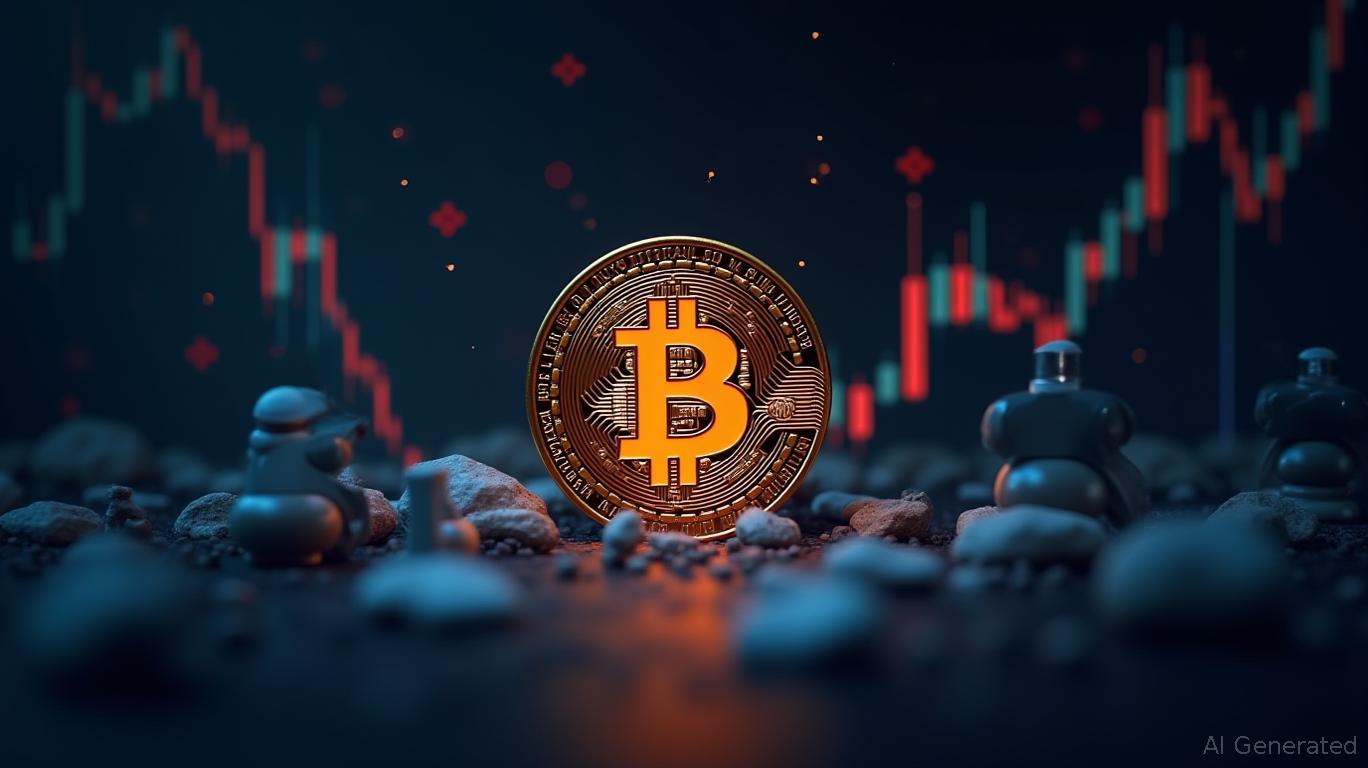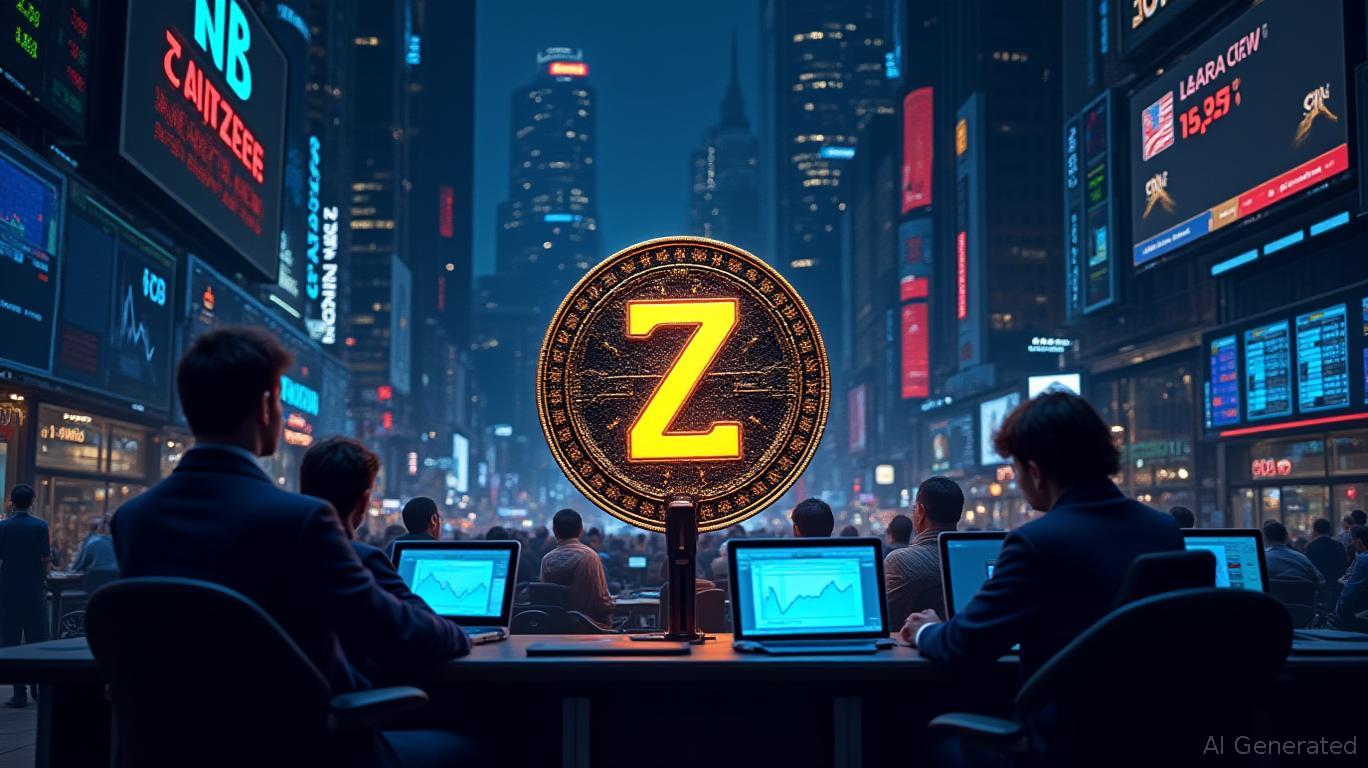Is Enhancing Ocean Alkalinity a Solution for the Planet That Won’t Harm Marine Ecosystems?
- Scientists propose boosting ocean alkalinity to enhance CO2 absorption, aiming to mitigate climate change by leveraging seawater's chemical properties. - Adding crushed limestone or alkaline materials could form stable carbonates, potentially removing significant atmospheric CO2 and expanding oceans' role as carbon sinks. - Experts debate scalability and ecological risks, cautioning that pH alterations might disrupt marine ecosystems, including coral reefs and shellfish populations. - The study emphasize
Researchers have introduced an innovative strategy to address climate change by boosting the ocean’s natural carbon dioxide absorption through increased alkalinity. As outlined in a recent
This method consists of modifying the ocean’s pH by adding materials such as ground limestone or other alkaline substances, which interact with dissolved carbon dioxide to create stable carbonate forms. In theory, this could extract large quantities of CO2 from the atmosphere and lock it away in the ocean for long durations. The Coin-Turk article notes that such measures might expand the oceans’ current capacity to absorb carbon, which now takes in about one-fourth of emissions produced by humans.

Supporters point to the scalability of this approach and its compatibility with natural oceanic processes, suggesting it could work alongside existing carbon capture solutions. On the other hand, opponents stress the importance of thorough environmental evaluations to understand the potential long-term effects on marine habitats. Adjusting alkalinity could upset sensitive chemical equilibriums, posing risks to coral reefs, shellfish, and other sea creatures that rely on stable pH conditions. The research highlights these unknowns and recommends more studies to improve the method and limit negative outcomes, as mentioned in the Coin-Turk article.
This breakthrough comes at a crucial moment, with global emissions still climbing despite worldwide climate initiatives. Although the ocean alkalinity approach is still experimental, it signals a move toward broader geoengineering tactics. Some specialists warn that such interventions should not distract from the immediate need to cut fossil fuel use, but they could offer additional support in the overall fight against climate change, according to the Coin-Turk article.
Disclaimer: The content of this article solely reflects the author's opinion and does not represent the platform in any capacity. This article is not intended to serve as a reference for making investment decisions.
You may also like
Bitcoin Updates Today: October Slump in Bitcoin Paves the Way for a November Recovery Amid Institutional Moves and Global Political Shifts
- Bitcoin's November historically averages 42.51% gains, with experts predicting a 2025 rebound after October's 3.69% drop. - Market shifts to spot trading and declining exchange balances signal accumulation, while Saylor and Kiyosaki forecast 2025 price doubling. - ETF outflows and macro risks persist, but reduced leverage and geopolitical easing (e.g., Trump-Xi meeting) support November optimism.

Zcash Strikes a Balance Between Privacy and Regulatory Standards, Surpassing Competitors and Reaching a $7 Billion Market Value
- Electric Coin Co. (ECC) released Zcash's Q4 2025 roadmap, prioritizing privacy upgrades and technical debt reduction amid ZEC's $7B market cap surge surpassing Monero and Shiba Inu. - Roadmap includes ephemeral transparent addresses, address rotation, and P2SH multisig support in hardware wallets to enhance privacy and scalability while securing the Dev Fund. - ZEC's 50% weekly price jump to $350 and 800% monthly gain reflect growing institutional adoption, Grayscale's $137M Zcash Trust, and 4.5M shielde

Solana News Update: Institutional Investments Move Toward Solana ETFs, Boosting Altcoin Uptake
- Grayscale and Bitwise's Solana ETFs attracted $199M in four days, signaling institutional confidence in the blockchain's ecosystem. - Bitwise's BSOL dominated with $197M inflows, outpacing Grayscale's GSOL due to lower fees and higher staking ratios. - Solana's price stabilized at $190 amid ETF-driven liquidity growth, with analysts forecasting potential $300-$500 targets. - Institutional capital shifted to Solana ETFs, causing outflows from Bitcoin and Ethereum ETFs as investors prioritize yield and ado

Ethereum Updates Today: How Ethereum and MoonBull Take the Lead as Crypto Market Focuses on Practical Use and Returns
- Ethereum strengthens dominance via institutional adoption and zero mainnet outages, outpacing Bitcoin in Q3 ETF inflows. - Chainlink (LINK) reclaims DeFi infrastructure relevance with $11.84B market cap and 86% bullish sentiment. - MoonBull ($MOBU) surges as 23-stage presale offers 95% APY staking, attracting 1,600 holders with Ethereum-based tokenomics. - Crypto market shifts toward utility and yield, with tokenization projected to reach $2 trillion by 2028 amid U.S. regulatory clarity.
